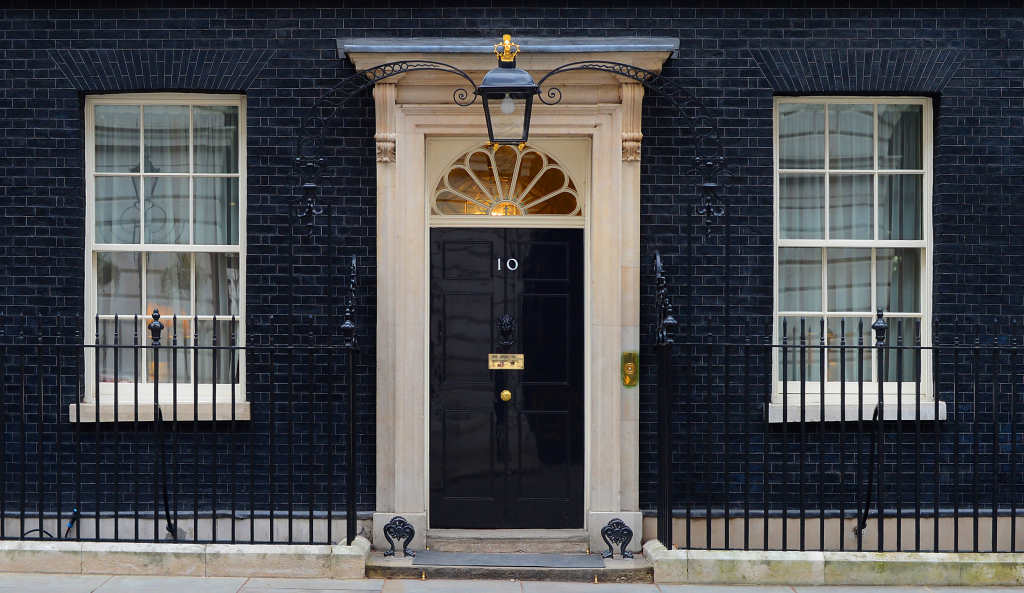The Boris Johnson government managed to get approval for two highly controversial laws in the dying hours of the last Parliamentary session on April 28.
As much of the daily media and the public were distracted by the ongoing Partygate scandal and upcoming local elections, the government forced the House of Lords to back down on its opposition to a new police bill that would allow police to curb the right of protest and could endanger freedom of expression – and to immigration legislation that would strip refugees arriving here via irregular routes of full rights and introduce offshore processing centres for people seeking asylum in the UK.
In addition, the government got approval for four other laws, including two that could also impact human and legal rights.
The government says the Judicial Review and Courts Bill is designed to make the courts and justice system more efficient and reduce delays and alleged abuse of the system.
Critics including journalists, the Public Law Project, Liberty, Joint Committee on Human Rights, and the Law Society say it will restrict their ability to persuade courts to rule against government policies, have a “chilling” effect on judicial review, “weaken the discretion” of judges and “deny remedy to those affected by unlawful acts”.
The Elections Bill raises similar questions about growing government control. The government says it’s aimed at cracking down on election fraud.
The law requires voters to show identification, gives the government power to define the rules of political campaigning, and provides Parliamentary oversight of the independent Electoral Commission.
Critics say the law is an unnecessary and illiberal “sledgehammer to crack a nut” that will make voting more difficult for poorer people and minority groups without documentation. And besides they say voter fraud is a non-issue – that between 2015 and 2019, there were only 88 allegations of in-person voter fraud, out of a total of 153 million votes cast and the number of convictions was even smaller – a total of two convictions and one caution.
Open Democracy says the changes on campaigning are intended to silence critics and weaken opposition to the government.
And the Electoral Commission has expressed concern about the impact on its independence.
The other two bills passed in the final hours were the Health and Care bill designed to implement government promises on capping costs for social care and the Building Safety bill on cladding costs in the wake of the Grenfell Tower fire.
As its ongoing agenda to change laws got squeezed by widespread opposition in Parliament, particularly the House of Lords, and the Partygate scandal over breaking covid rules, the government was unable to force further controversial changes in the Official Secrets Act and online safety laws – until a new session of parliament which opens on May 10.
Government rams through six controversial laws
Police bill gets royal assent
Police Bill
Government wants to send asylum seekers to Rwanda
Rwanda plan a distraction
Lords again reject nationality and borders bill
UK Refugee Council leader tells AEJ nationality and borders bill won’t work
Journalists concern over Judicial Review and Courts Bill
Elections Bill passed
Open Democracy on Elections Bill
Electoral Commission on Elections Bill
Hidden agendas
Government agenda for 2022








